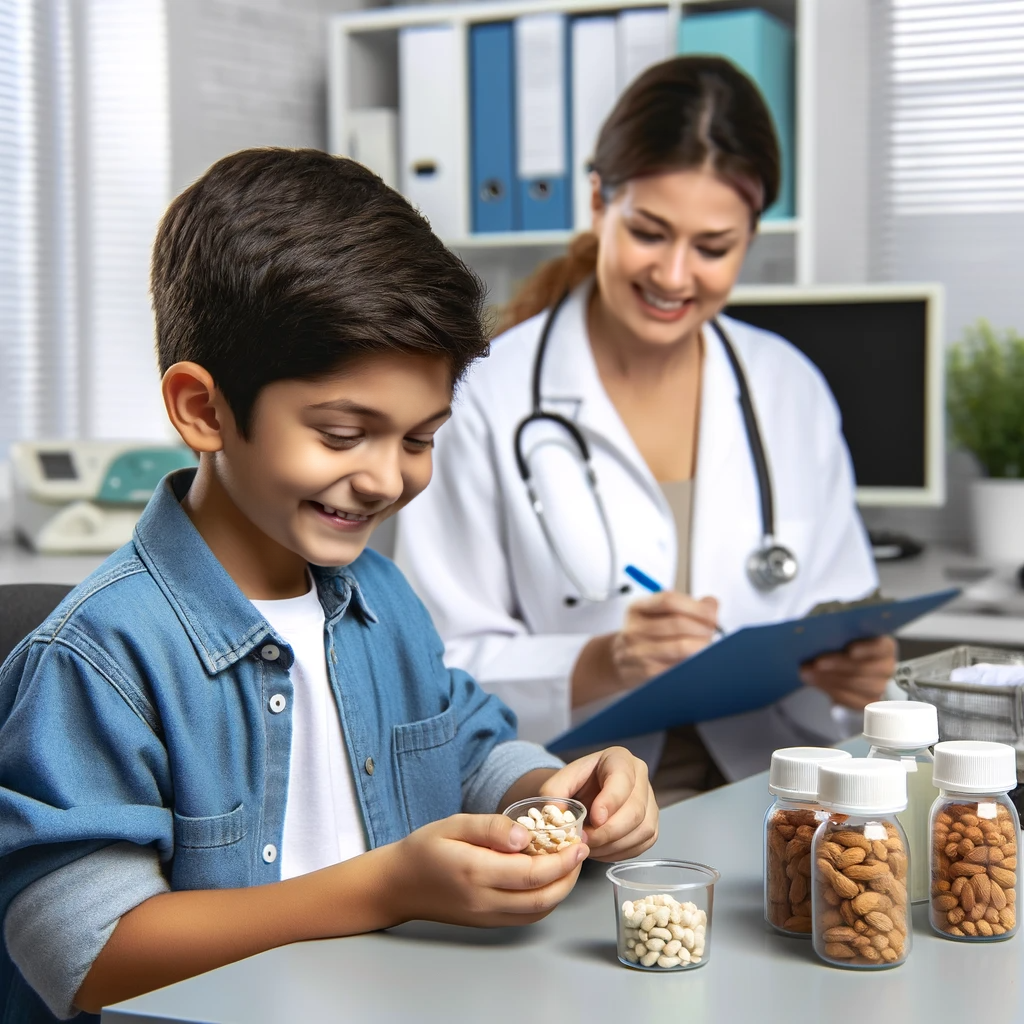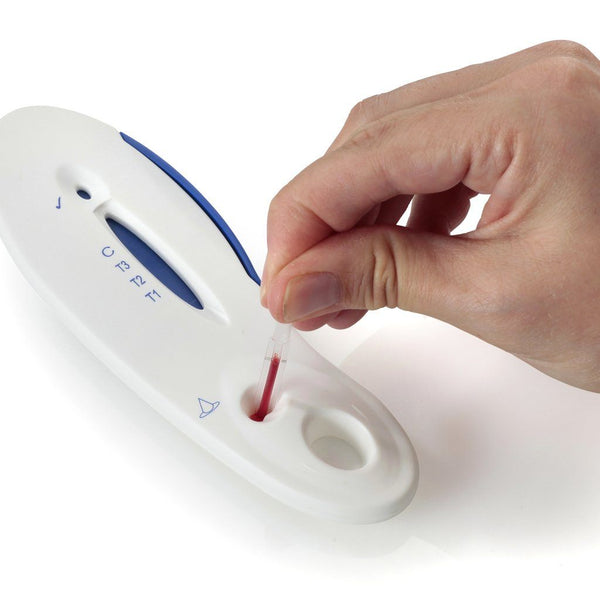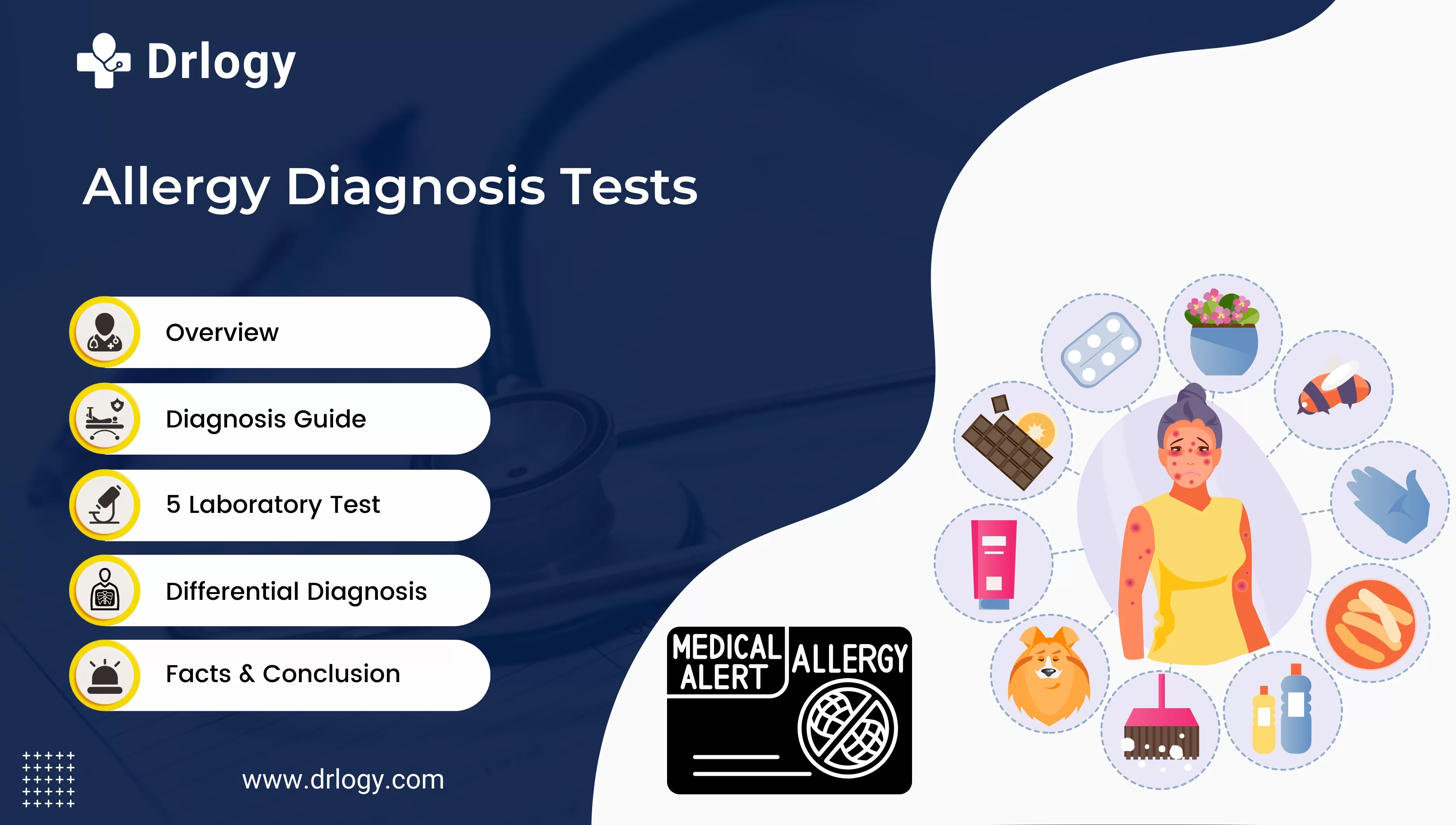Food Allergy Testing Nyc: Get Accurate Results Fast

Food allergies are a growing concern in the United States, with millions of Americans suffering from adverse reactions to certain foods. In New York City, accessing accurate and reliable food allergy testing is crucial for individuals who suspect they have a food allergy. Food allergy testing in NYC is readily available, with various medical facilities and healthcare providers offering a range of testing options. In this article, we will delve into the world of food allergy testing in NYC, exploring the different types of tests available, their accuracy, and what to expect from the testing process.
Types of Food Allergy Tests

There are several types of food allergy tests available in NYC, each with its own unique characteristics and advantages. The most common types of food allergy tests include:
- Skin Prick Test (SPT): This test involves placing a small amount of an allergenic substance on the skin and observing the reaction. The SPT is commonly used to diagnose allergies to foods such as peanuts, tree nuts, milk, eggs, fish, shellfish, wheat, and soy.
- Blood Tests: Blood tests, such as the ImmunoCAP or the Immulite, measure the levels of allergy-related antibodies in the blood. These tests are often used to confirm the results of an SPT or to diagnose allergies in individuals who cannot undergo an SPT.
- Elimination Diet: This test involves removing suspected allergenic foods from the diet for a period of time and monitoring symptoms. The elimination diet is often used in conjunction with other tests to confirm the diagnosis of a food allergy.
- Oral Food Challenge (OFC): The OFC is a highly accurate test that involves consuming increasing amounts of a suspected allergenic food under medical supervision. The OFC is often used to confirm the diagnosis of a food allergy or to assess the severity of an allergy.
Accuracy of Food Allergy Tests
The accuracy of food allergy tests is crucial for individuals who suspect they have a food allergy. While no test is 100% accurate, the combination of SPT, blood tests, and elimination diets can provide a high degree of accuracy. The OFC is considered the gold standard for diagnosing food allergies, as it allows for the direct observation of symptoms in response to the consumption of a suspected allergenic food.
| Test Type | Accuracy |
|---|---|
| Skin Prick Test (SPT) | 70-90% |
| Blood Tests | 80-95% |
| Elimination Diet | 80-90% |
| Oral Food Challenge (OFC) | 95-100% |

What to Expect from Food Allergy Testing in NYC

Food allergy testing in NYC is a relatively straightforward process. Individuals can expect to undergo a comprehensive medical evaluation, which may include a physical exam, medical history, and discussion of symptoms. The testing process typically involves one or more of the tests mentioned above, depending on the individual’s specific needs and the healthcare provider’s recommendations.
After the testing process is complete, the healthcare provider will interpret the results and provide a diagnosis. If a food allergy is diagnosed, the healthcare provider will work with the individual to develop a treatment plan, which may include avoidance of the allergenic food, medication, and emergency procedures in case of an allergic reaction.
Preparing for Food Allergy Testing
To prepare for food allergy testing in NYC, individuals should:
- Keep a food diary: Recording food intake and symptoms can help identify potential allergenic foods and provide valuable information for the healthcare provider.
- Avoid antihistamines: Antihistamines can interfere with the results of the SPT and should be avoided for a period of time before testing.
- Wear loose clothing: Loose clothing can make it easier to perform the SPT and other tests.
- Arrive early: Plan to arrive at least 15 minutes before the scheduled test time to complete any necessary paperwork and prepare for the test.
What is the most common food allergy in the United States?
+The most common food allergy in the United States is a peanut allergy, affecting approximately 1% of the population.
How long does food allergy testing take?
+The length of time required for food allergy testing can vary depending on the type of test and the individual’s specific needs. On average, testing can take anywhere from 30 minutes to several hours.
Is food allergy testing covered by insurance?
+Food allergy testing is often covered by insurance, but coverage can vary depending on the individual’s insurance plan and the specific tests performed. It is essential to check with the insurance provider before undergoing testing.



